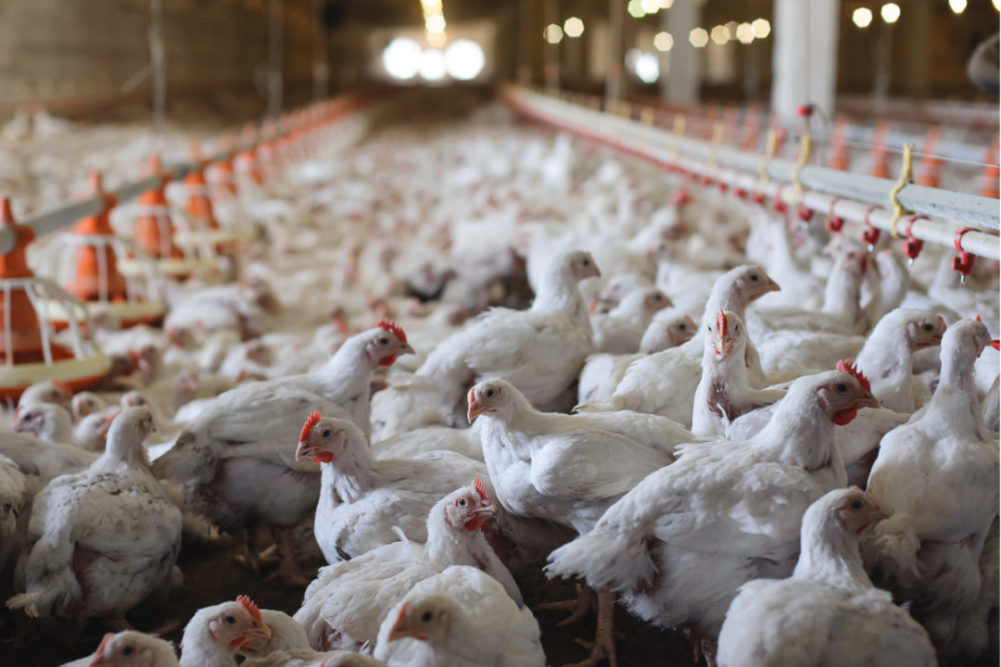MINNEAPOLIS — A growing number of poultry organizations around the world have joined the USAID-funded Transformational Farm Output Risk Mitigation (TRANSFORM) project.
The consortium provides guidance on the responsible use of antimicrobials when needed and encourages producers to be responsible stewards for the global poultry industry.
The International Poultry Council (IPC) designed the project to drive global change throughout the animal agriculture industry.
“By proactively supporting science-based antimicrobial use principles, the private sector is sending a clear message that antimicrobial stewardship is good business,” said Ricardo Santin, IPC President. “We hope others are inspired to make the same commitments to stewardship, adopting science-based practices that both improve animal health and deliver benefits to their bottom line.”
The seven new organizations adopting IPC’s principles include:
- Association of Poultry Processors and Poultry Trade in the EU Countries (AVEC)
- Baromfi Termék Tanács (BTT), a Hungarian poultry association
- Bundesverband der Geflügelschlachtereien e.v (BVG), a German poultry association
- Fédération des Industries Avicoles (FIA), a French poultry industry federation
- Krajowa Rada Drobiarstwa – Izba Gospodarcza, the National Poultry Council for Poland
- Vereniging van de Nederlandse Pluimveeverwerkende Industrie (NEPLUVI), a Dutch poultry association
- Yum! Brands
The project now has 26 organizations supporting antimicrobial stewardship principles, reaching more than 140 countries representing 40% of global poultry meat products. That spans all sectors of the poultry business, including fully integrated systems for small farms.
The four principles of the organization endorse using a risk-based approach to understanding the specific use of antimicrobials. Second, management practices should be adopted to reduce the need for antimicrobials. Third, using antimicrobials only in compliance with national authorizations. Finally, antimicrobials are critically important for human medicine and be used only under a supervising veterinarian’s diagnosis and oversight.
“AMR (antimicrobial resistance) is a global issue, and it will take a global response to ensure antibiotics remain a viable option to treat diseases in both animals and humans,” said Annie Kneedler, head of the TRANSFORM project. “By working across the public and private sector, we can identify market-driven solutions that improve animal health, both reducing the risk of AMR and helping safeguard global health security from other emerging disease threats.”
Many of the initiatives of the project are led by Cargill, Heifer International and the IPC. In order to advance animal health solutions, TRANSFORM works in Kenya, India and Vietnam on global health security to combat zoonotic disease and AMR. The project’s research portfolio includes 22 trials to study the impact of animal nutrition on priority pathogens and antimicrobial resistant genes.
Other prominent stakeholders in the poultry industry, including McDonald’s Corp., and Tyson Foods, were added to the project in November 2023.


